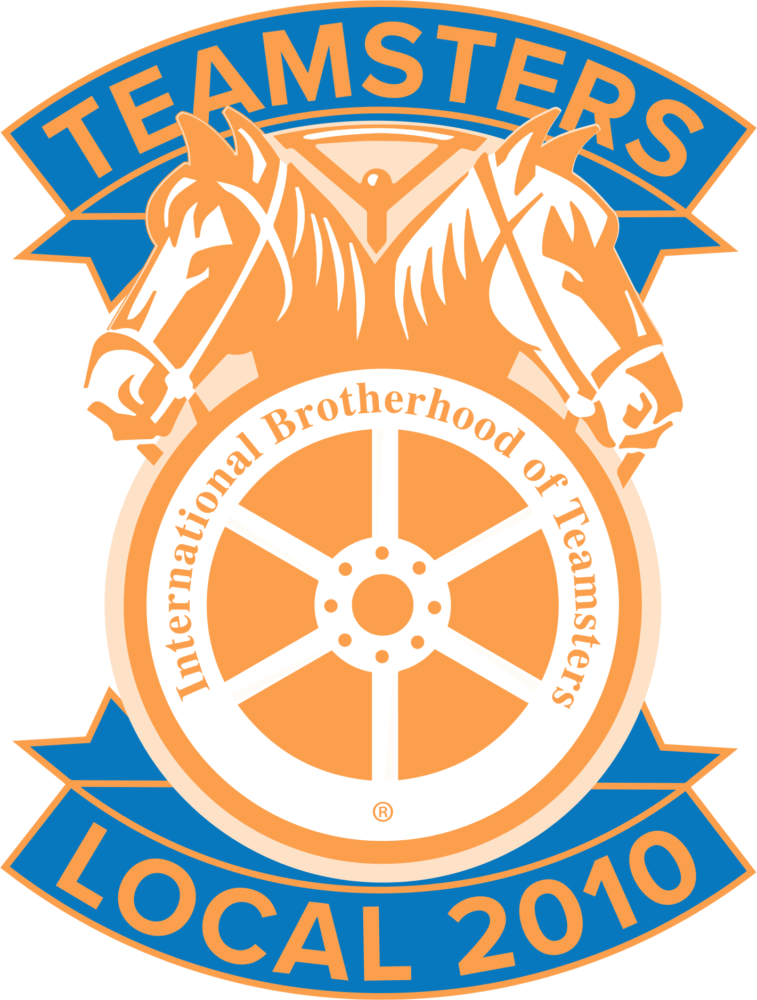ARTICLE 21 – REASONABLE ACCOMMODATION A. General Provisions
In a manner that is consistent with applicable law, the University provides reasonable accommodation to qualified employees who are disabled or become disabled and need assistance to perform the essential functions of their positions.
A. Interactive Process
- When an employee requests reasonable accommodation for a disability or the University has reason to believe that a reasonable accommodation is needed, the parties will engage in the interactive process, which is an ongoing dialogue between the employee and appropriate University representatives about possible options for reasonably accommodating the employee’s disability.
- Options for reasonable accommodation may include but are not limited to: assistive devices; modification of existing facilities; restructuring the position to eliminate non-essential job functions; and leaves of absence.
- Both the University representative(s), and the employee are expected to participate in the interactive process in good faith, which includes engaging in timely communications regarding possible reasonable accommodation.
- As part of the interactive process, the University will review the affected employee’s position and will consider relevant information related to the essential functions of the position; the employee’s functional limitations; possible accommodations; the reasonableness of possible accommodations; and issues related to the implementation of a reasonable accommodation. This information will be used by the University to determine what, if any, reasonable accommodation will be made. While the University will consider the employee’s suggestions regarding which accommodation(s) to implement; accommodations, if any, to be implemented will be at the sole non arbitrable discretion of the University. The University will not implement an accommodation that would present an undue hardship.
- The university will process requests for reasonable accommodation and provide accommodations where reasonable and appropriate and in as short a time frame as reasonably possible.
B. Medical Documentation
The employee is responsible for providing the University Accommodation Consultant or other appropriate University representative with timely medical documentation regarding the employee’s disability and how it limits the employee’s ability to perform the essential functions of the position The University may require that a University- appointed licensed health care provider examine the employee and/or confirm the documentation provided by the employee. In such a case, the University shall pay the costs of the University-appointed health care provider. Upon the employee’s written request, the University will provide to the employee or their medical provider the employee’s job description and list of essential functions of the job.
C. Trial Employment
When recommended by the University Accommodation Consultant, or other appropriate University representative and approved by the appropriate University official, a qualified non-probationary career employee with a disability or a former non-probationary career employee with a disability may be offered temporary trial employment in a position within the unit to evaluate the employee’s interests and abilities. The length of this trial employment shall be determined by the University Accommodation Consultant in consultation with the employing department/division head and shall not exceed one (1) year. Positions used for trial employment shall not be designated as career.
D. Special Selection for Other Positions
If the University determines that a non-probationary career status employee who becomes disabled cannot be reasonably accommodated in their current position, a search for an alternative vacant position for which the employee is qualified with or without reasonable accommodation will be conducted without the requirement that the position be posted.
